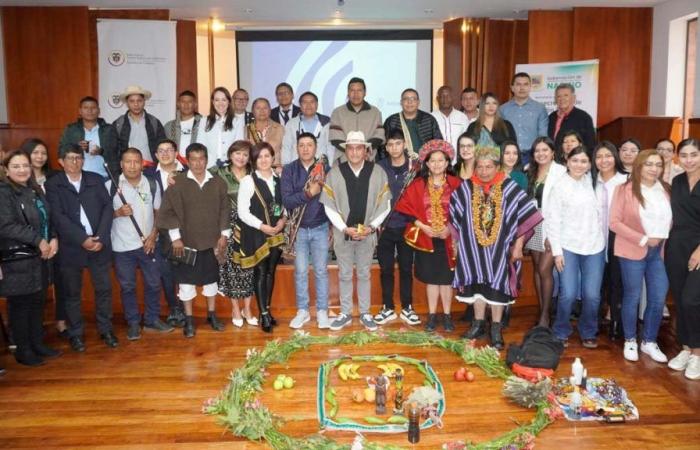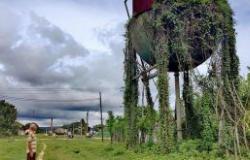In a historic event for the indigenous peoples of Nariño, the interethnic coordination table was held between the Justice System and the National Judicial System, a bill that is currently being approved and seeks to comply with article 246 “The authorities of the indigenous peoples may exercise jurisdictional functions within its territorial scope, in accordance with its own rules and procedures, as long as they are not contrary to the Constitution and laws of the Republic.”
With the article, the legal framework of coordination between national justice and special indigenous justice is created, which allows the articulation of the two forms of justice, the technical collaboration of legal medicine in the spaces of self-justice, exchange of knowledge, harmonious work and the strengthening of self-justice schools for the standardization of judicial processes, in addition to, in special cases, providing support in the determination of sentences or disharmonization and processes for any crime.
This table is the first in the country, after the socialization and protocolization of the inter-jurisdictional coordination bill of the Ministry of Justice, which recognizes the good judicial practices that the justice system has in terms of rights with a differential approach, women, girls , children and adolescents, in addition to the great contribution of indigenous peoples in the implementation of restorative justice, resocialization and reintegration through self-justice practices in the harmonization centers, creating a milestone for the indigenous communities of Nariño.
It should be noted that this bill is achieved after more than 33 years of struggle by indigenous peoples to prevail and recognize their multi-ethnic and multicultural territories, as native peoples, with judgment tools based on the ancestral system of uses and customs.
The socialization table sponsored by the Undersecretary of Public Management of the Government of Nariño, had the participation of representatives and authorities of the AWÁ, Cofan, Inga, Quillasinga, Pastos, Nasa and Eperara Siapidara indigenous peoples, settled in the Nariño territory, Likewise, of the representatives of the Ministry of Justice, the Administrative Court of Nariño, Judges, Magistrates, lawyers of the Judicial Branch and the support of the Attorney General’s Office and the Nariño sectional Ombudsman’s Office.
Source and photo: Government of Nariño







